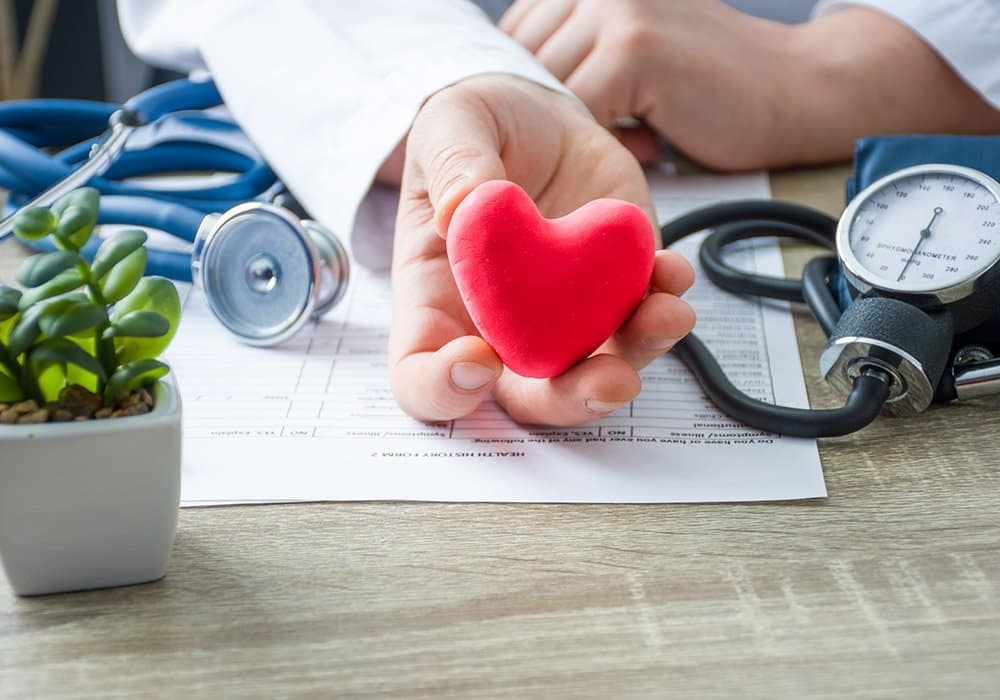People talk about their hearts more than they realize. Sometimes it is theoretical, in terms of love and care, sometimes it is about their passions for others or challenging circumstances, other times they share vague details about their medical history or current issues they are facing. While Integrity Urgent Care Clinics are certainly invested in the first examples of discussions about the heart, we are probably better equipped to discuss the medical side of your heart, in particular by sharing information about heart disease.
What is heart disease?
Heart disease is caused by a thickening and hardening of the arteries. Often this is due to fat and plaque built up, causing the blood flow to be reduced or blocked off. Heart disease is the presence of this issue within the arteries, but can lead to a heart attack, angina, or stroke. Usually this will be observed with chest pain, tightness, and discomfort. Some may experience dizziness, shortness of breath, or irregular heartbeat. Cholesterol, especially “bad cholesterol” is directly linked to heart disease and should be measured regularly and maintained, both for the general population and those at increased risk for heart disease due to other factors.
What are risk factors for heart disease?
There are hereditary factors related to heart disease, particularly if you have a parent or sibling who has had a heart attack before 45 for men and 55 for women. Additionally, smoking has a huge impact on the risk for developing heart disease. Men have a higher chance of developing heart disease than women and overall, the older an individual, the higher the risk. Some patients with diabetes and thyroid issues should discuss their heart health with their medical specialists who are treating their other conditions.
What can I do to help prevent heart disease?
If you are smoking, stop immediately. According to the University of Iowa Health Care system, “If you are able to stop smoking, your risk of heart attack or stroke decreases within a few weeks. The risk goes down to that of a nonsmoker within about two years.” Additionally, the benefits you will see of becoming a nonsmoker will extend far beyond your heart health. Another way to help prevent heart disease is to make sure you are in a healthy weight range. By exercising regularly, eating nutritious foods, and overall maintaining a healthy lifestyle, you can decrease your chance of facing this issue. Whether by exercise, meditation, additional rest, or self-care, reducing your level of stress can also help individuals facing heart disease.
What are immediate signs I should seek help?
Pain that develops in your chest, not related to muscle strain from an injury is frequently, but not always the first sign of a heart episode. If you feel pain that is increasing and paired with nausea, numbness in the neck or arms, shortness of breath, dizziness, or pressure building in your chest, call an ambulance immediately. They can begin procedures to help elevate your chances of recovery upon arrival and during transport to the hospital. Some patients may feel the pain around their upper stomach or between their shoulder blades in less frequent circumstances.
If you have questions about symptoms of or risk for heart disease, our medical team at Integrity Urgent Care Clinic can help you in addition to your PCP. We are also available to treat a number of illnesses and concerns at one of our several locations, seven days a week from 8am to 8pm. Feel free to walk in, no appointment needed.
https://uihc.org/health-topics/risk-factors-heart-disease-frequently-asked-questions
https://eastsidemedical.com/blog/entry/when-to-go-to-the-er-for-chest-pain
https://www.webmd.com/heart-disease/heart-disease-faq#1



